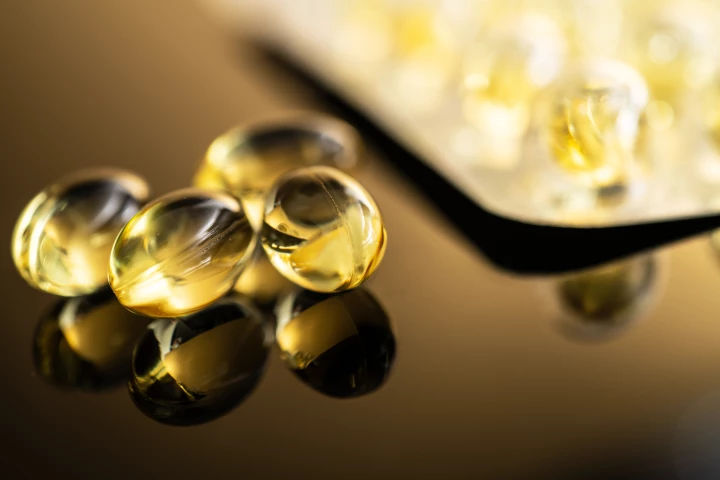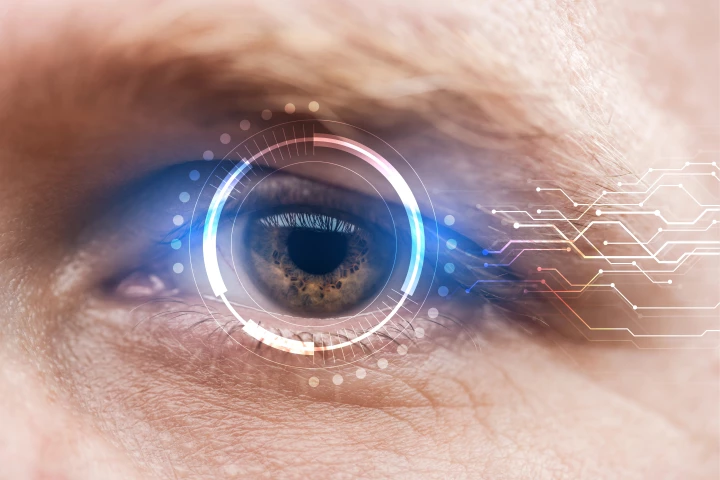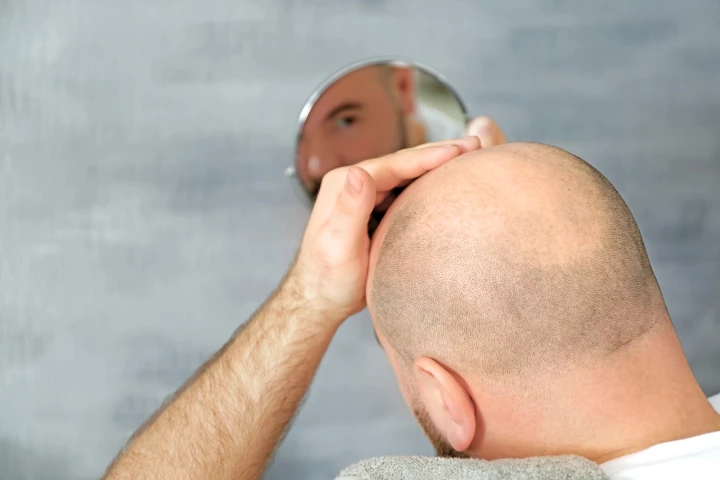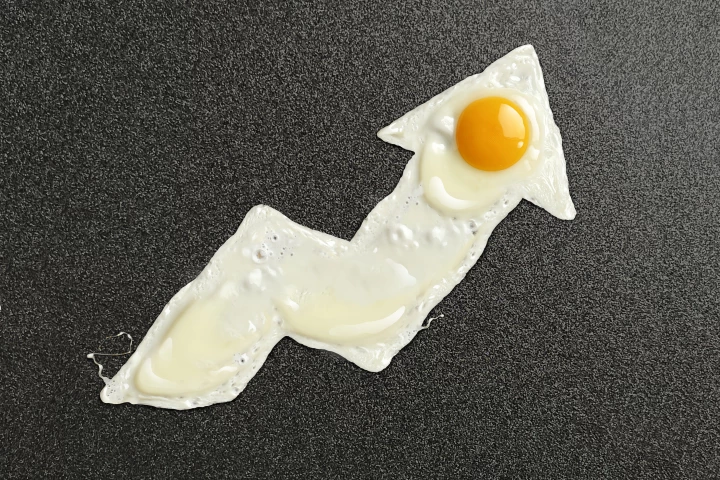Age-Related
-
In a massive study of nearly 50,000 women spanning 30 years, researchers found that drinking more coffee – to a point – during the ages of 40-65 was linked to less chronic disease, physical mobility issues and cognitive decline in later life.
-
In a large study, the drug leading the charge in anti-aging science has shown to be just as effective in protecting cells and cognitive function as cutting calories or intermittent fasting. It's the most comprehensive study of rapamycin yet.
-
A protein found in our cells has emerged as a secret weapon against biological aging, acting like a glue to repair damaged DNA and ward off neurological degeneration including that seen in motor neuron, Alzheimer’s and Parkinson’s diseases.
-
A landmark study has found that a workable exercise plan significantly improves survival and health of people who have survived colorectal cancer. So much so that, as one researcher notes, "Our findings will change the way we treat colon cancer."
-
Taking a vitamin D supplement can knock years off your biological aging, according to the results of a large, long-term study. This may not seem like a lot, but it's a significant amount as you become increasingly susceptible to disease as you age.
-
Pupil dilation and subtle facial changes in response to sound can reveal how severe tinnitus is. Through this, researchers have discovered a new way to objectively gauge how bad the condition is, more accurately diagnosing tinnitus and treating it.
-
A three-year study has found robust evidence that one vaccine for respiratory syncytial virus offers older adults long-term protection, even if efficacy wanes. Despite this, just one dose cut serious illness by nearly two thirds across three seasons.
-
Someone who is concerned about having a fall is at a significantly higher risk of having a fall in the future, found a new study. Researchers say identifying this risk factor in older adults can help them stay mobile and independent for longer.
-
We're one step closer to that elusive goal preventing hair loss and enabling new growth, as scientists identify the crucial role that one all-important protein has in protecting the hard-working cells on the production line.
-
A rice wine native to the Philippines has grabbed the attention of researchers looking into new, natural ways to slow biological aging. But it's not the wine itself – sorry – in the spotlight, but what's leftover after the liquid is ready to bottled.
-
Men tend to be happier with life when they're married, as many studies have identified over the last few decades. But new research shows they also become fatter. In fact, they're three times more likely to be obese than men who remained unmarried.
-
Egg prices have slowly come down, thanks to supply and demand issues leveling out and a reprieve in bird flu outbreaks. But the truth is that the cost is unlikely to stay low. Here's a handy guide to getting all the protein you need – on any budget.
Load More











